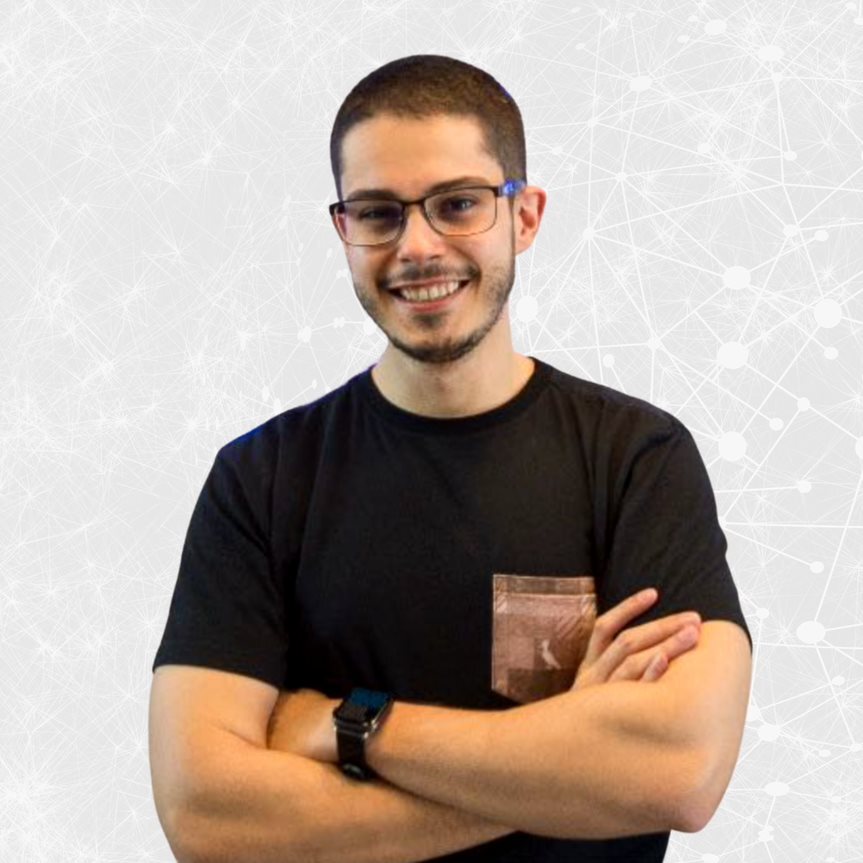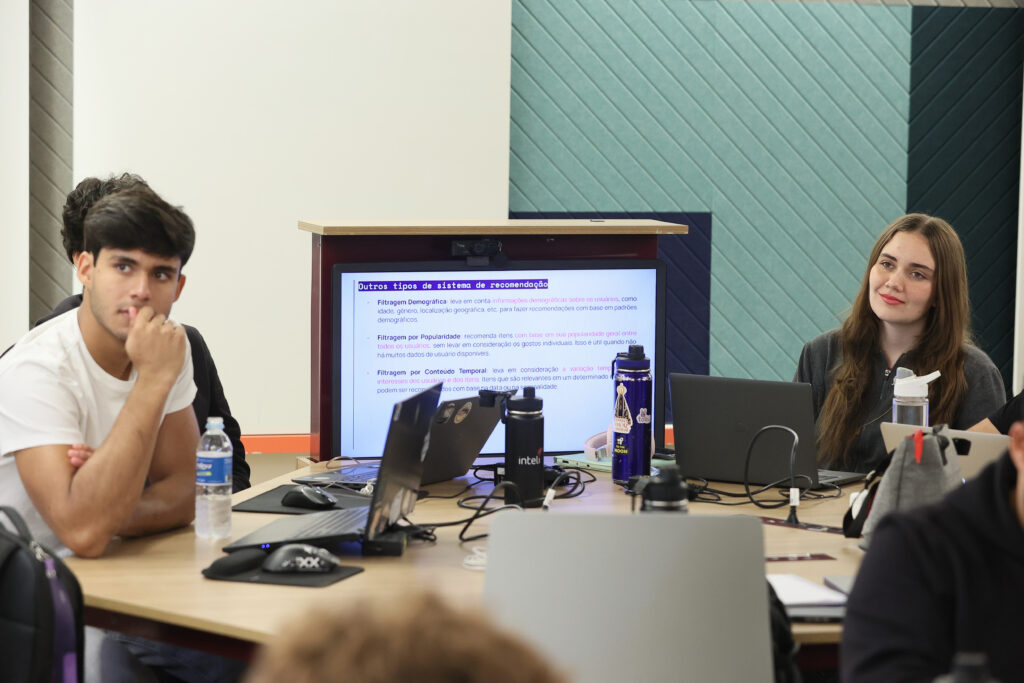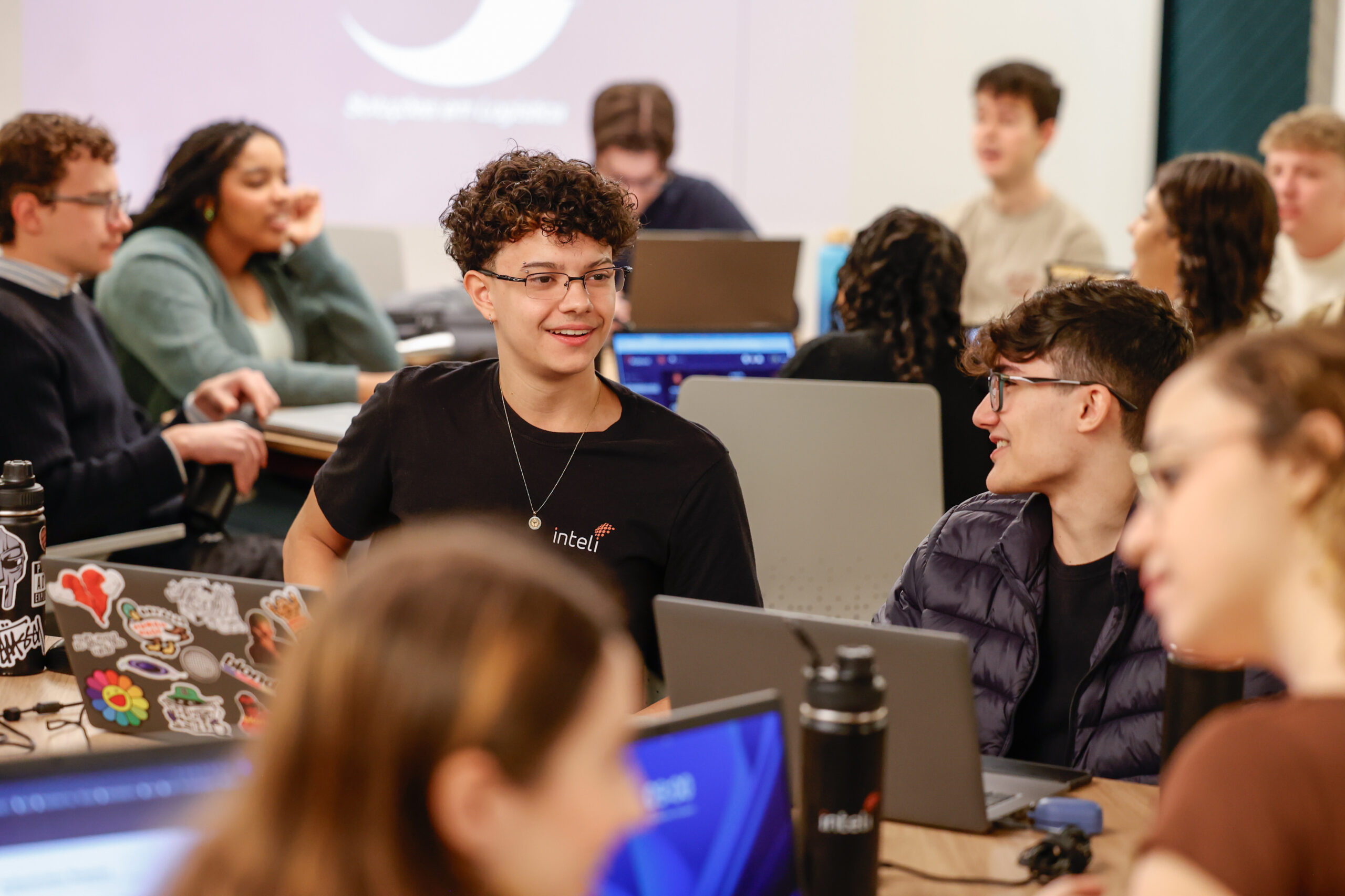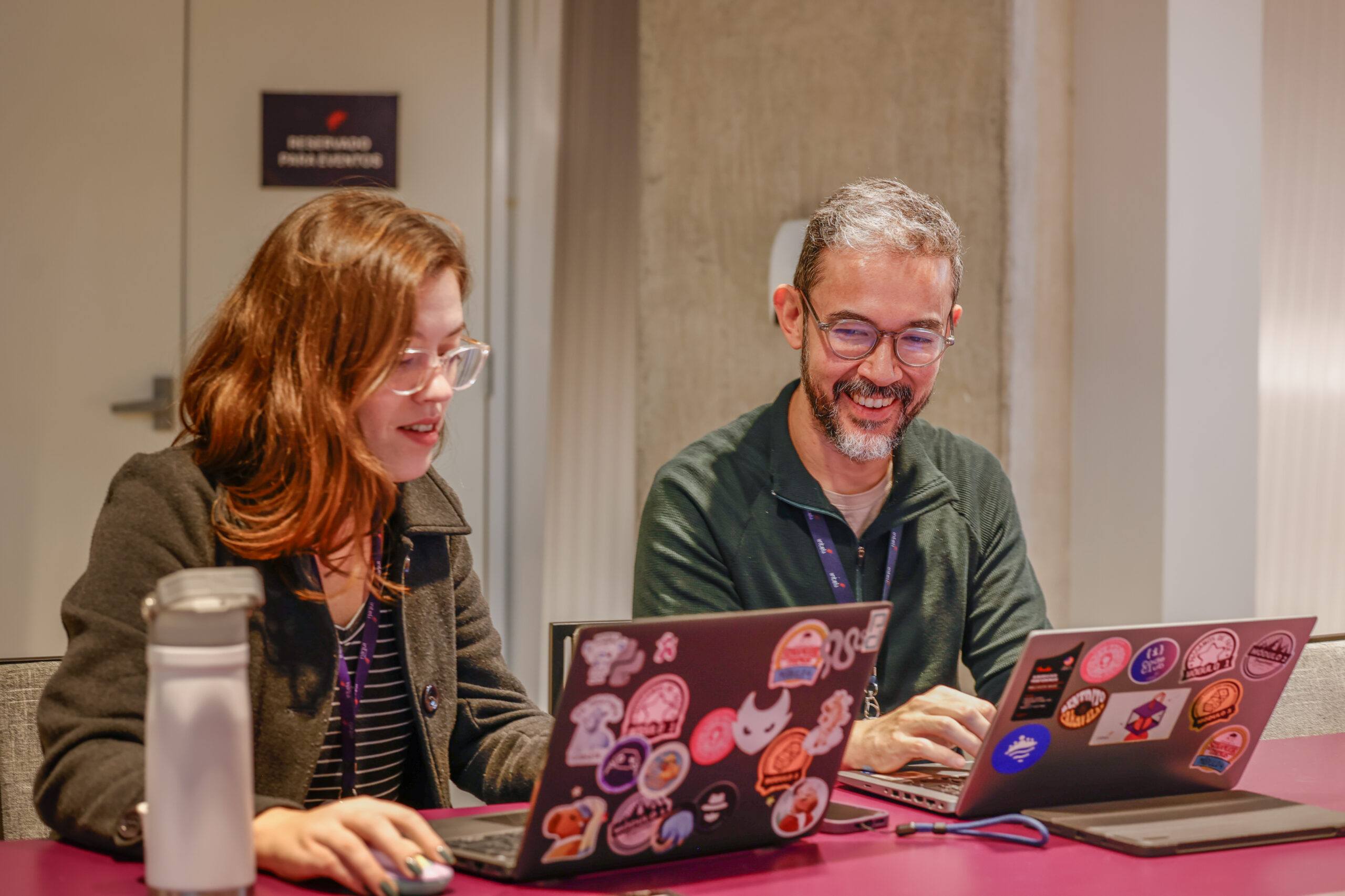
With registration for the Inteli entrance exam is open, this is the question I hear the most. And my answer frustrates anyone looking for a simple "yes" or "no".
The debate on AI in education often falls into an unhelpful polarity:
The Apocalyptics: They want to ban everything, training "pure" talent, but disconnected from reality and the tools that define the market.
The Naïve: They release general information, at the risk of forming mere "prompt operators", with atrophied critical thinking and fundamentals.
Here at Inteli, our motto for the selection process is "Between theory and practice, choose both". And that dictates our approach. AI doesn't change the fundamentals of thinking (Define, Abstract, Calculate, Interpret), it just brutally speeds up "Calculate".
That's why the only intelligent response is pedagogical intent. We have created a framework that guides the use of AI based on the competence we want to develop or assess.

When do we ban it?
In synchronous stages where the aim is to assess fundamental logical reasoning. If you don't know how to build the foundations of computational thinking on your own, the best tool in the world won't save you.
When do we stimulate?
In asynchronous stages and especially in our projects (PBL). Here, we expect students to use AI as a co-pilot to accelerate ideation, prototyping and solving complex problems. The focus is on the application and the result, not the tool.
Training professionals for the future is not a matter of easy answers. It requires courageous and intentional educational design .
And how is this tension managed in your organization? Is there a clear framework in place or is there a "save yourself if you can" approach?




